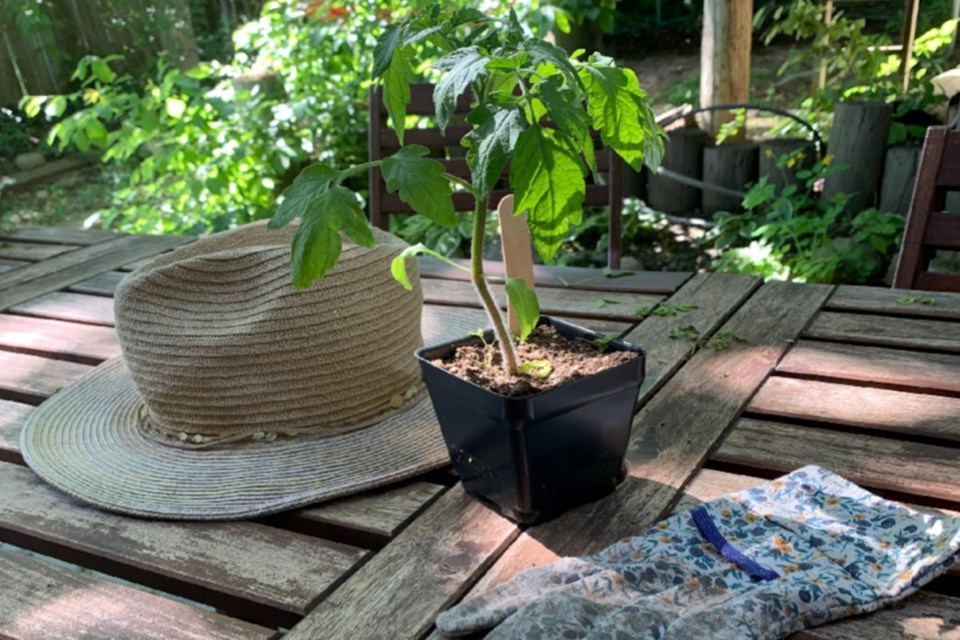The cost of groceries continues to rise and one of the solutions is at your fingertips.
Growing your own vegetables can save you money this summer and all year long. Gardening, whether in a pot on your balcony or in the ground, allows you to increase your food security by providing you with high-quality, fresh food of your choosing.
Its benefits aren’t only financial.
Gardening offers us nature-based movement, or green exercise, which has been shown to improve our mental health. The benefits of gardening also
include nutrition. Excellent nutrition in the form of vitamins, minerals and some of the macronutrients your body needs are the ultimate benefits of
fresh produce.
Let’s dig in!
You can save as much as $500 in a season by growing your own vegetables. Growing the basics like carrots and potatoes gives you both freshly dug, delicious root vegetables and also allows you to store them for the winter.
To save more money, you may want to grow some of the more expensive fruits and vegetables. This year that might include cauliflower, celery or lettuce.
After the drought in California, the price of these vegetables skyrocketed. At the current cost of $3 to $4 a head, you could save yourself $45 in lettuce alone over this summer season just by growing and harvesting a head of your own home-grown lettuce each week.
Perhaps investing in planting asparagus, although it takes several years to grow, is a sound investment if you love this nutrient-dense vegetable. A lot of folks
grow food just for the incredible taste of a favourite food. Imagining the pure joy of eating tomato sandwiches every day in August gets a lot of people through February.
To keep costs low in your garden, use Guelph’s free or low-cost resources. There is a wealth of inexpensive gardening resources for both beginning and
experienced gardeners.
A fine example is the Guelph Seed Library which offers free fruit and vegetable seeds. The royal city also offers free gardening workshops. Check out Pollination Guelph and Healthy Landscapes at the City of Guelph. You can even connect with Guelph’s very own “Compost Queens” to learn how to access and even make your own great soil.
Sharing the bounty of your garden is a happy outcome of gardening. In addition to helping improve your bottom line you can use your fresh produce to help others. Many local food access agencies in town will welcome your garden donations. For instance, growers at the Ignatius Community Gardens share their harvest with the North End Harvest Market every Tuesday.
This kind of partnership gets great quality fruits and vegetables into the kitchens of people who may not have access to such wonderful food.
Check with your local food pantry to see how you can help improve our community’s food security with your home-grown produce!
Best of all, your produce this year can provide you with an ongoing economic benefit next year. Learn to save this year’s seeds and you can grow your garden again next year for free. In the past, seed saving was an important part of family life and many homes had small, glass vials filled with their family’s precious seeds.
Cultural and ancestral foods, in the form of seeds, have lived and travelled with people immigrating to a new home. Today, there is a renewed interest seed saving.
Seeds of Diversity offers a manual and free videos to help you get started. It’s an inexpensive hobby that can help your bottom line and you can donate any extras right back to the Seed Library.
As the frost warnings fade from the forecast try your hand at gardening, gather your free seeds and find some soil. The many benefits will enhance the wellbeing of both you and your community. And who knows, you might just have a green thumb!



